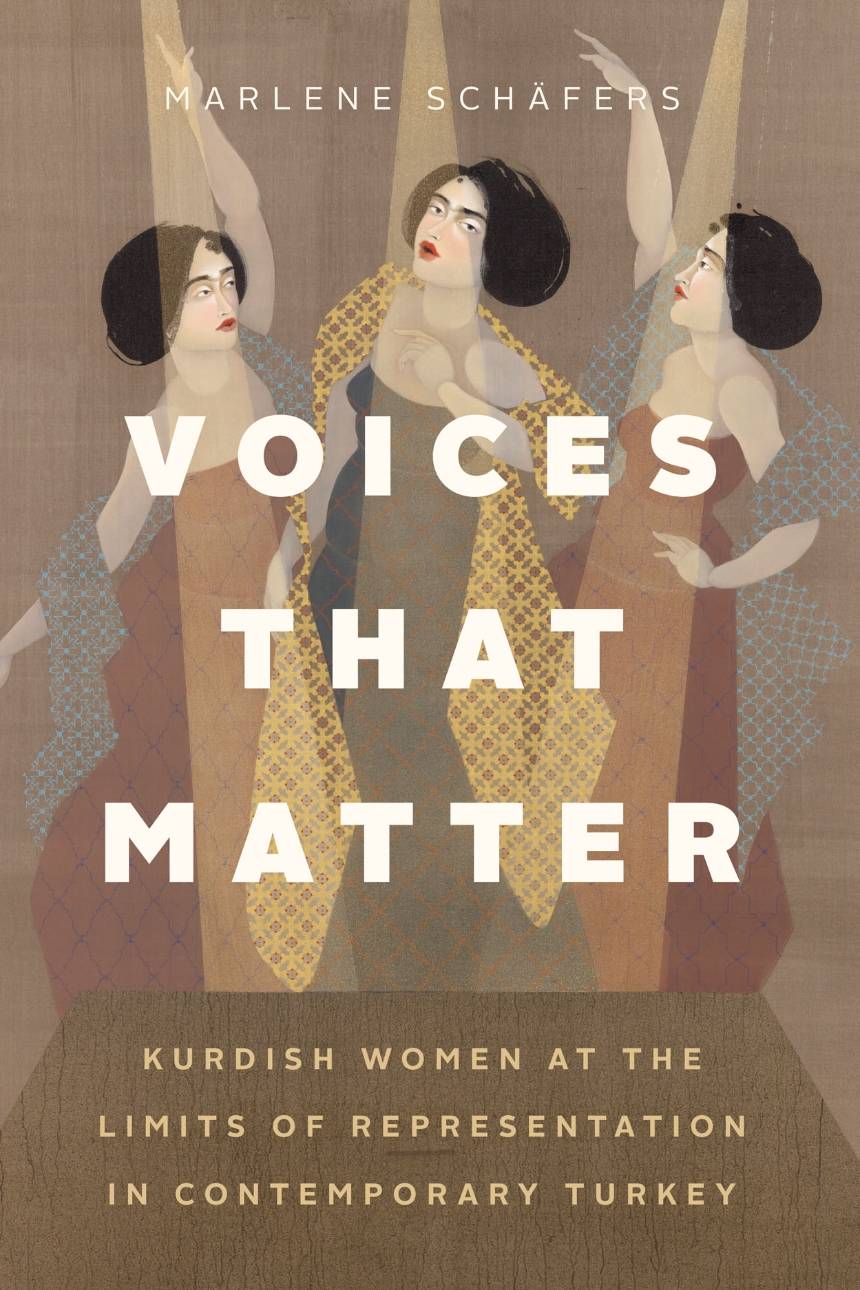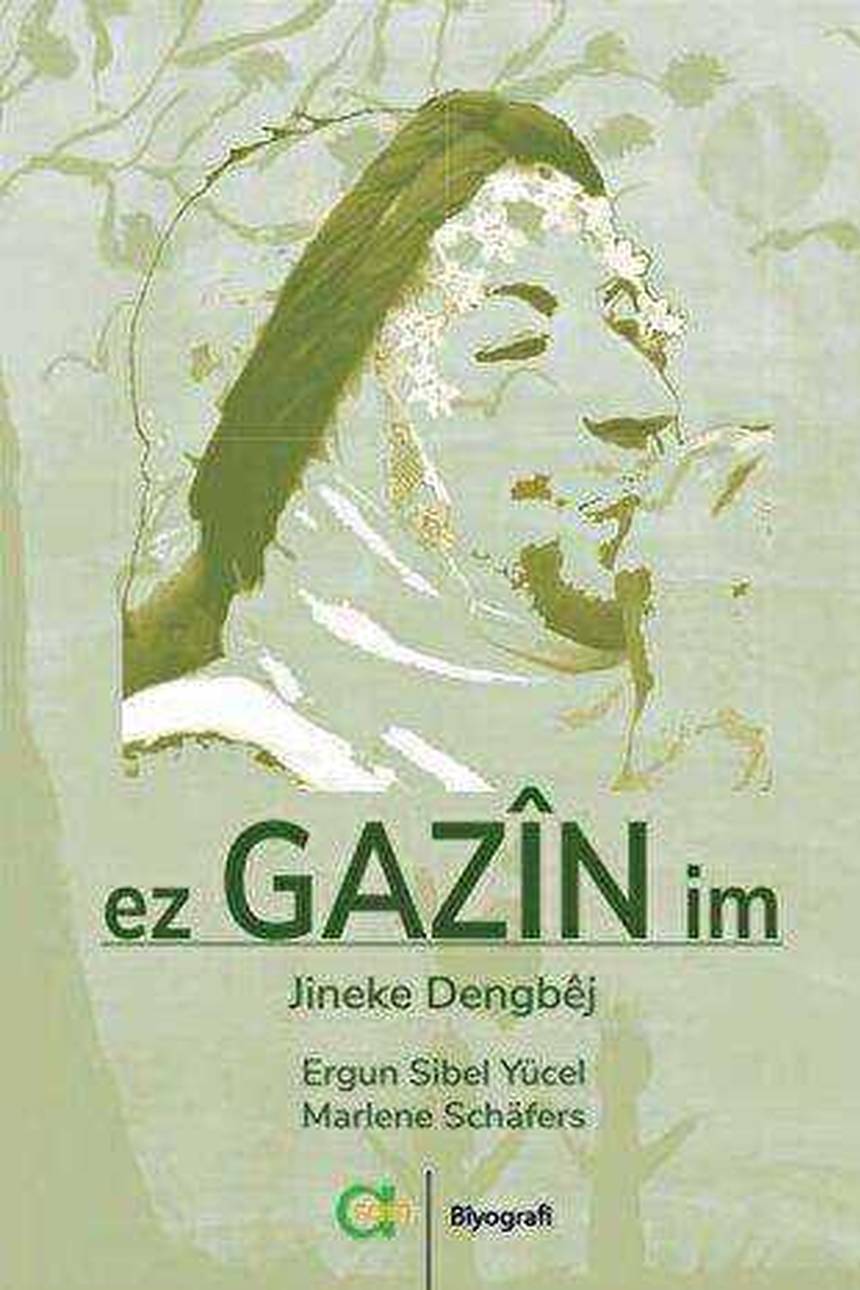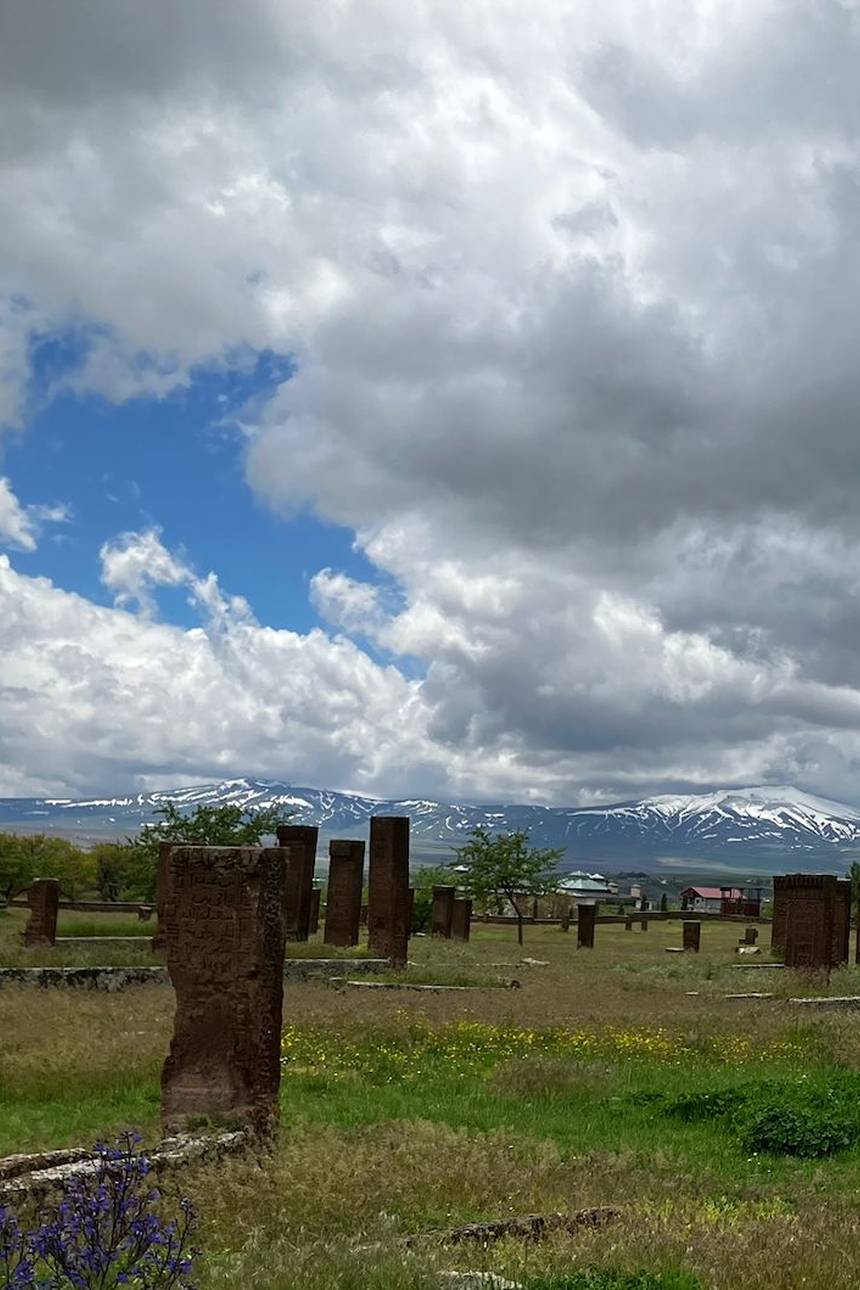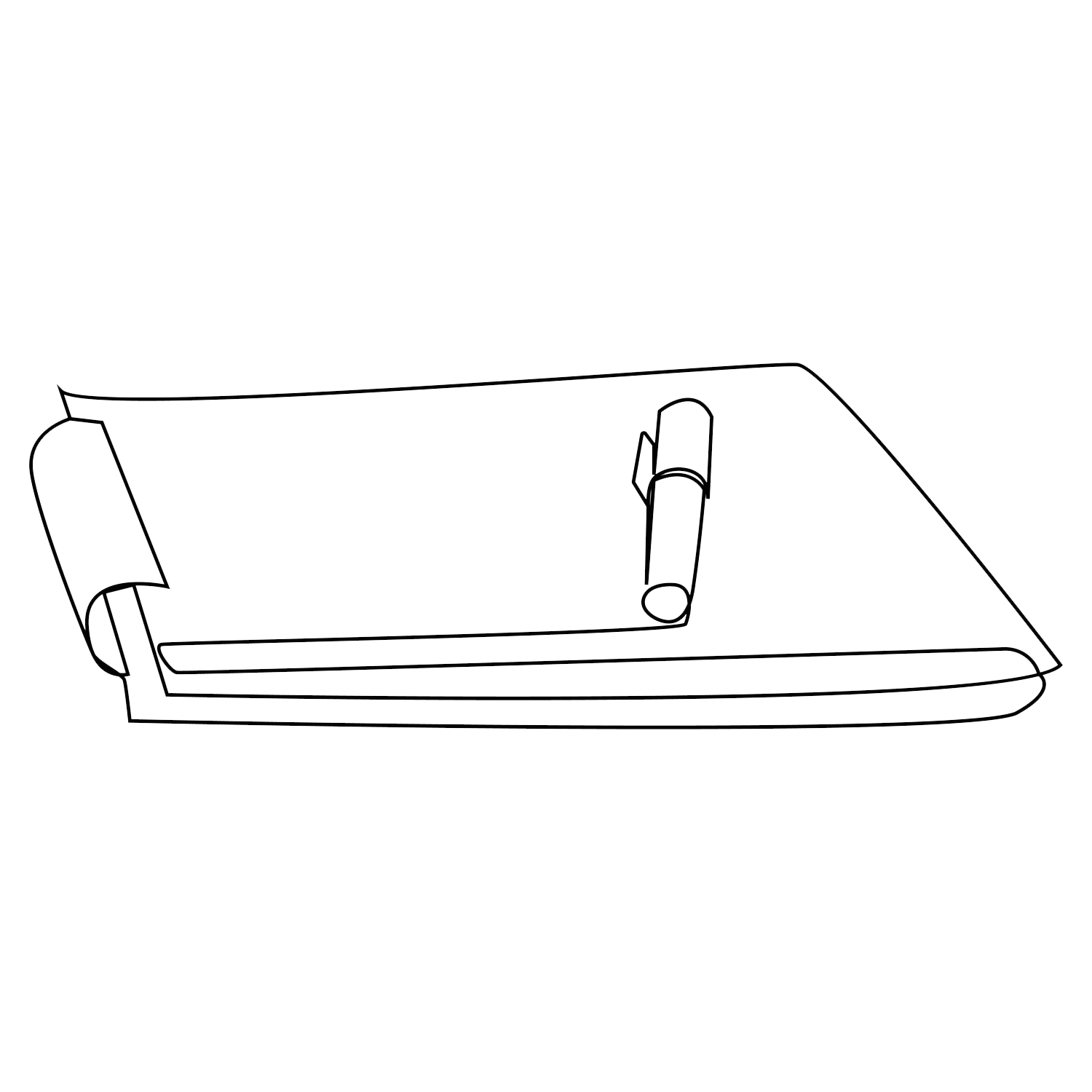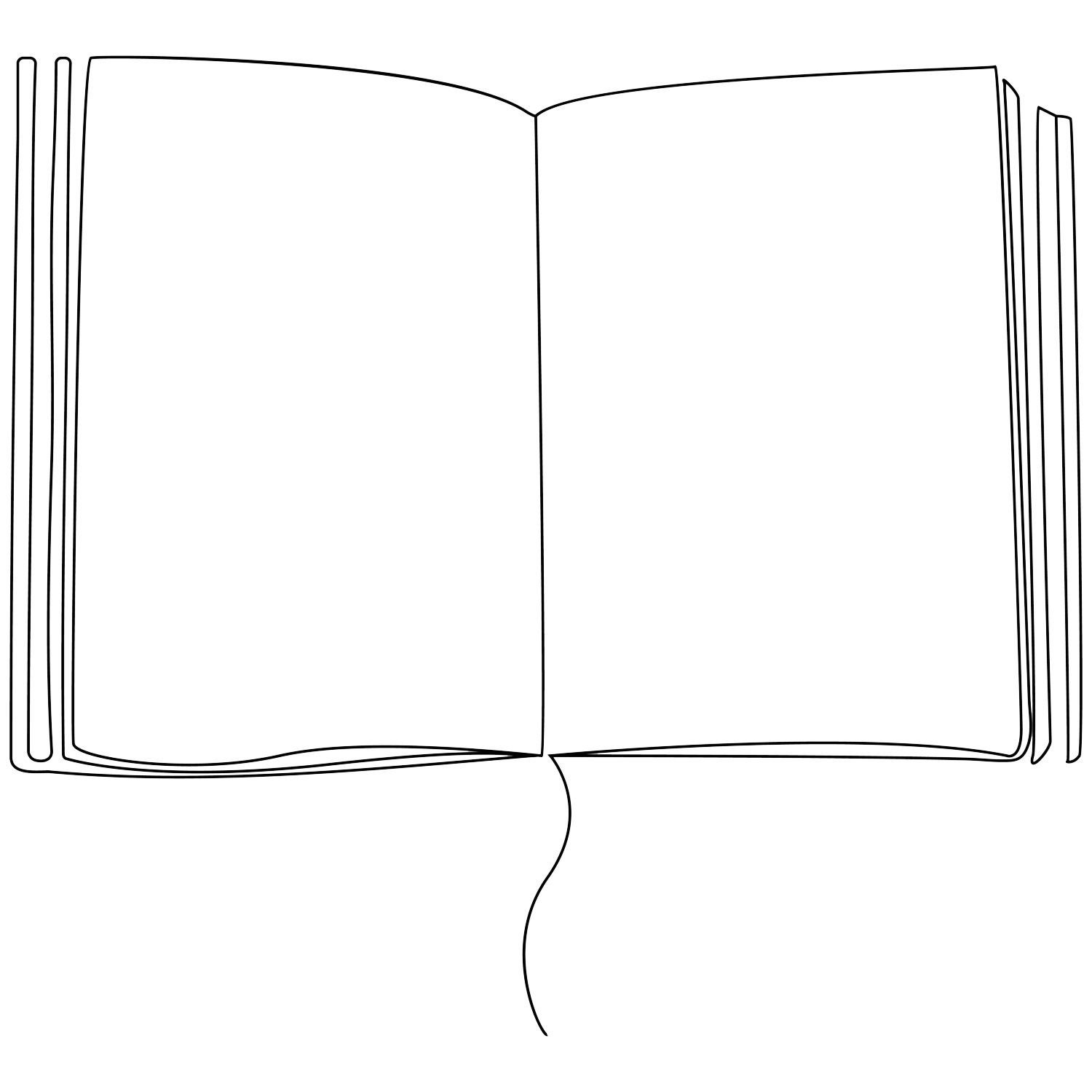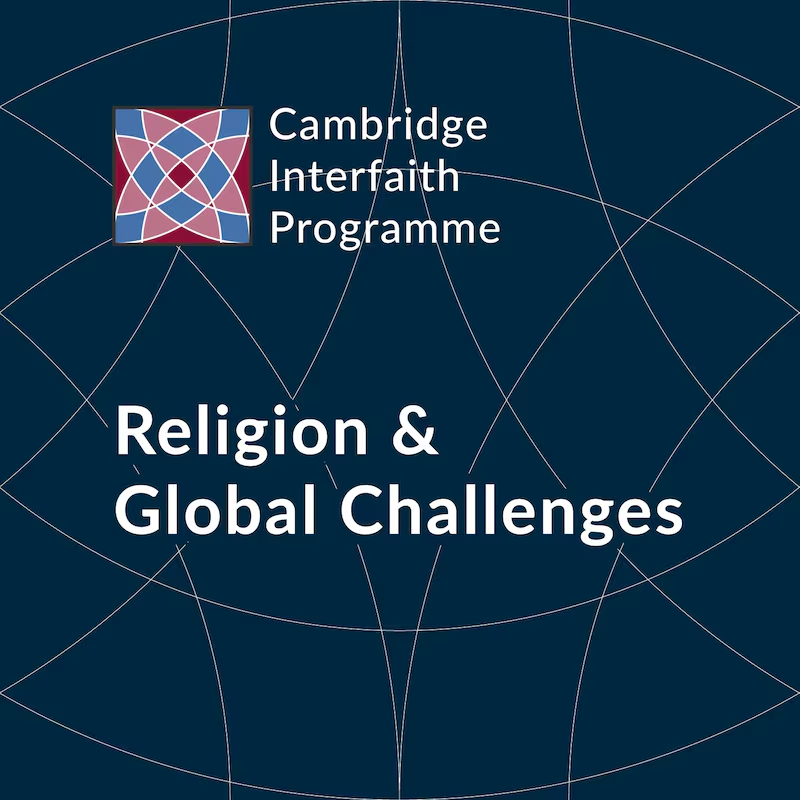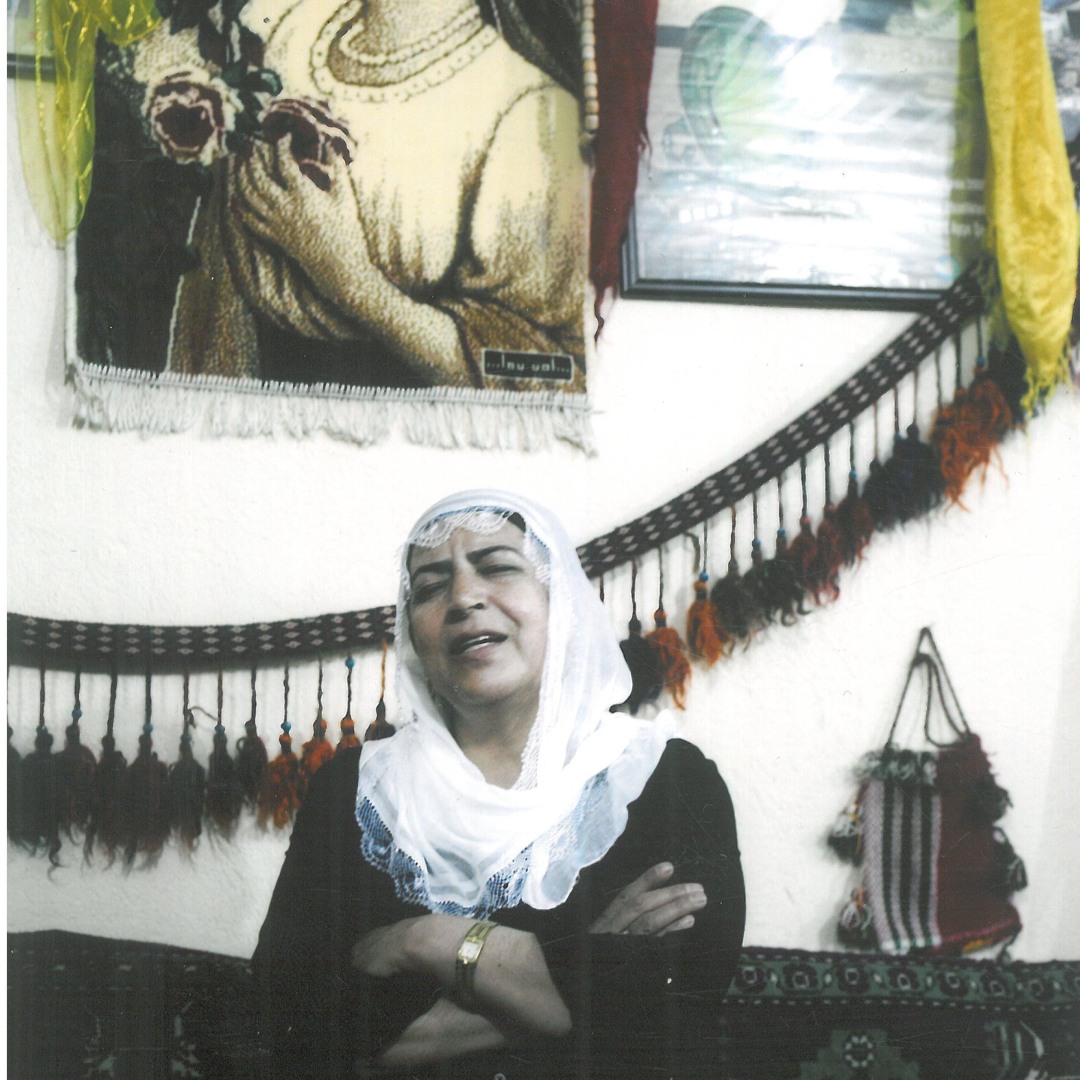Podcast: Featured
Podcast hosted by Camthropod: The Cambridge Anthropology Podcast
What does it mean to have a voice? And how does a voice need to sound like if it is going to matter? In this episode, Marlene Schäfers (Utrecht University) discusses her research with Kurdish women singers and poets to explore what makes the voice an object of desire and appeal in the contemporary world, particularly for historically marginalized subjects. Field recordings of Kurdish classical and recent repertoires reveal how contemporary politics of voice shape what voices mean, how they sound,and how they impact listeners.
Podcast hosted by Armanç Yıldız, from the New Books Network
“Raise your voice!” and “Speak up!” are familiar refrains that assume, all too easily, that gaining voice will lead to empowerment, healing, and inclusion for marginalized subjects. Marlene Schäfers’s Voices That Matter: Kurdish Women at the Limits of Representation in Contemporary Turkey (U Chicago Press, 2022) reveals where such assumptions fall short, demonstrating that “raising one’s voice” is no straightforward path to emancipation but fraught with anxieties, dilemmas, and contradictions. In its attention to the voice as form, this book examines not only what voices say but also how they do so, focusing on Kurdish contexts where oral genres have a long, rich legacy. Examining the social labor that voices carry out as they sound, speak, and resonate, Schäfers shows that where new vocal practices arise, they produce new selves and practices of social relations. In Turkey, recent decades have seen Kurdish voices gain increasing moral and political value as metaphors of representation and resistance. Women’s voices, in particular, are understood as potent means to withstand patriarchal restrictions and political oppression. By ethnographically tracing the transformations in how Kurdish women relate to and employ their voices as a result of these shifts, Schäfers illustrates how contemporary politics foster not only new hopes and desires but also create novel vulnerabilities as they valorize, elicit, and discipline voice in the name of empowerment and liberation.
NIOD Rewind Podcast: Voices that Matter
How do Kurdish women struggle to voice themselves in contemporary Turkey? Anne van Mourik speaks with Marlene Schäfers (Utrecht University) about her book ‘Voices that Matter: Kurdish Women at the Limits of Representation in Contemporary Turkey’ (University of Chicago Press, 2022). What does it mean to ‘have a voice’ in a context of protracted political violence? To what extent do Kurdish women’s gaining voices lead to empowerment? And how does Marlene, as a scholar specialized in women’s struggle for voice, view the current protests in Iran?
On Gülsün Karamustafa’s “Hollow and Broken,” La Loge, Brussels
Echoing Karamustafa’s work—which gives voice to figures silenced in order to escape history’s oppressive narratives—Marlene Schäfers’ anthropological, artistic, and political presentation will provide an insight into the narratives and strategies experienced by minorities such as Kurdish women in Turkey.
